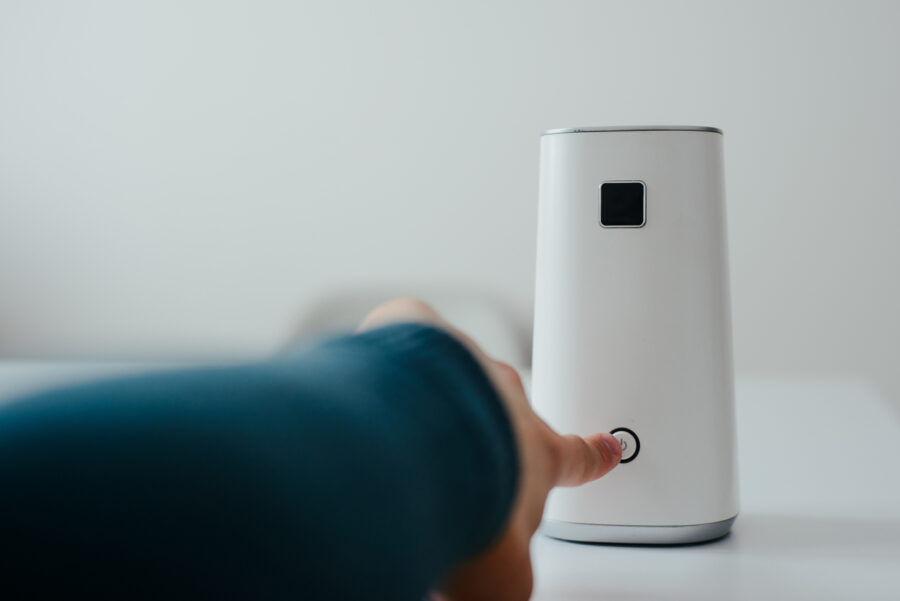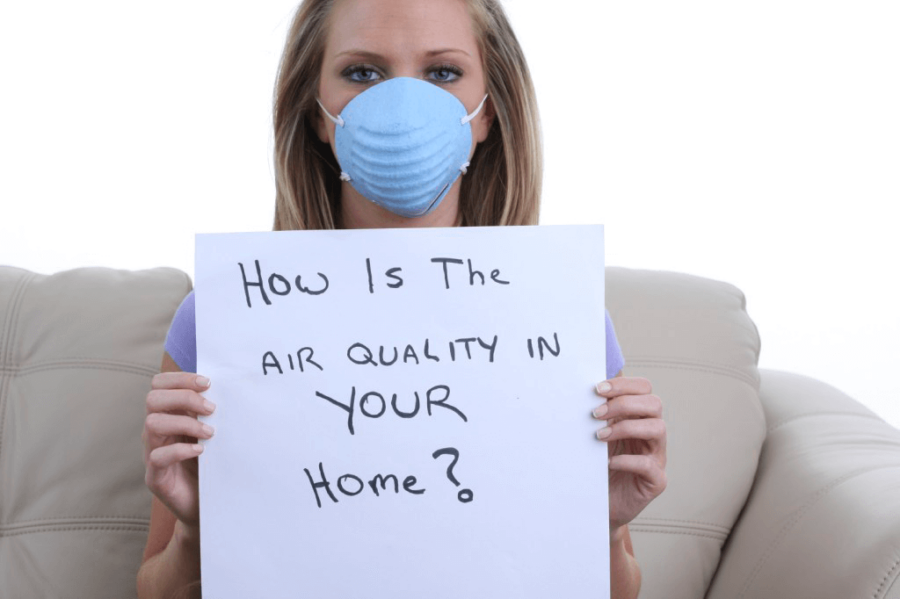During this Covid-19 era, you are probably looking for different ways to keep your home and your family safe. Who can blame you? The disease is legitimately dangerous, and while the chances of infection aren’t dangerously high given the social practices we’ve incorporated into our lives, you can never be too careful, especially when it’s your family’s health at stake.
Keeping the air clean is one of the key things you can do. The disease is airborne, and can spread through the air. So in the interest of keeping the air clean, you may heard of something called an ionizer.
What exactly is an Ionizer?
An ionizer is basically an air purifier that does its work by charging the particles in the air with an electric charge. Charged particles are known as ions, and they can be positive or negative. If you recall your basic elementary science lessons, you may recall that chapter about magnetism and electricity: opposites attract.
That is, a positively-charged particle will be attracted to a negatively-charged particle. And vice versa. The key feature of ions is that opposites attract — and ionizers make use of this by charging particles in the air negatively. Then, a positively-charged plate by the ionizer attracts all these negatively-charged particles, sucking them out of hte air and onto the plate for easy cleaning and disposal.
Some ionizers don’t have a plate, so the negatively-charged particles end up on the floor, or on curtains and other surfaces that became positively charged with static electricity. The reason ionizers usually charge the airborne particles negatively is because static electricity charges surfaces in your home with a positively charge naturally.
Ionizers are air purifiers, but not all air purifiers are ionizers. Ionizers are just one type of air purifier, but they are a popular and effective one.
So now that you have an idea of what an ionizer is and how they work, the question is: do they work in killing viruses?
Do Ionizers Kill Viruses?
Not exactly. Viruses are fragile existences, but a little negative electric charge generally will not kill them. That said, ionizers are far from useless in the fight against Covid-19. There are many studies showing the efficacy of ionizers in preventing infection. Airborne viruses spread through air pollution by clinging onto particulates in the air. This is a well-studied phenomenon, and keeping the air clean is effective in reducing the spread of viruses.
Ionizers do their job very well by getting rid of particulate matter in the air through the ionization of these particles and trapping them on a positively-charged collection plate. This study shows how scientists were able to prevent 100% of all infections to guinea pigs using an ionizer to strain out a strain of the influenza virus from the air. Ionizers may not kill the virus outright, but they will certainly do their job of keeping them virus from reaching you through the air.
While studies around the novel coronavirus per se are still in short supply, the underlying mechanisms are the same.

How uHoo Fits in
uHoo is an air quality monitor which can measure the amount of particulate matter in the air. While an air quality monitor won’t clean the air of the virus like an ionizer will, it serves the very important purpose of verifying that your air is safe and low in particulate matter pollution. It can also tell you when there is too much pollution in your living area, so you can take action to rectify the situation.
And indeed, if you setup an ionizer to work with advanced air quality monitors like uHoo, it is possible to automate the entire process and have the ionizer turn on when the uHoo monitor detects an upsurge in particulate matter pollution. This saves you the trouble of manually turning the device on or off, which can be disastrous if you forget to turn it on and a virus comes in through a guest or from the outside. Turning the ionizer on only when you need it also saves power.
If you don’t already have them, it might be a good idea to invest in a uHoo air quality monitor along with an ionic purifier to keep your home as safe as possible from viral infection.







